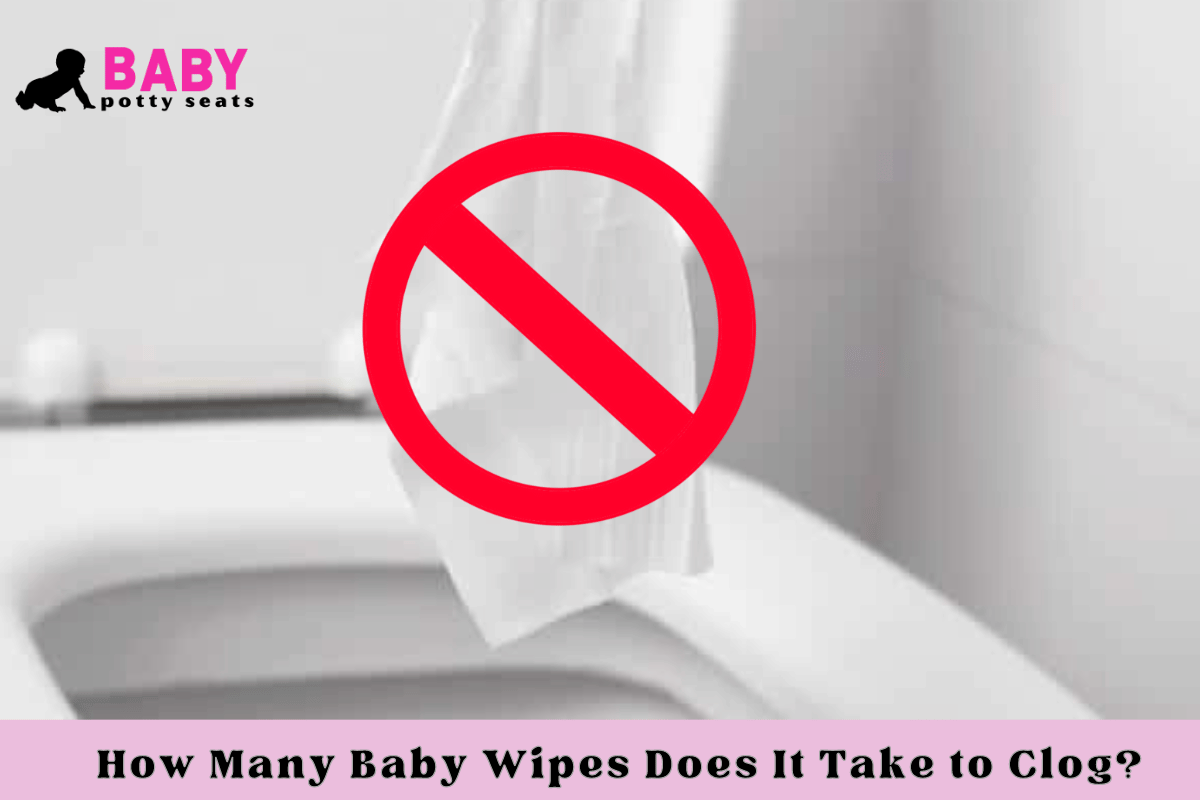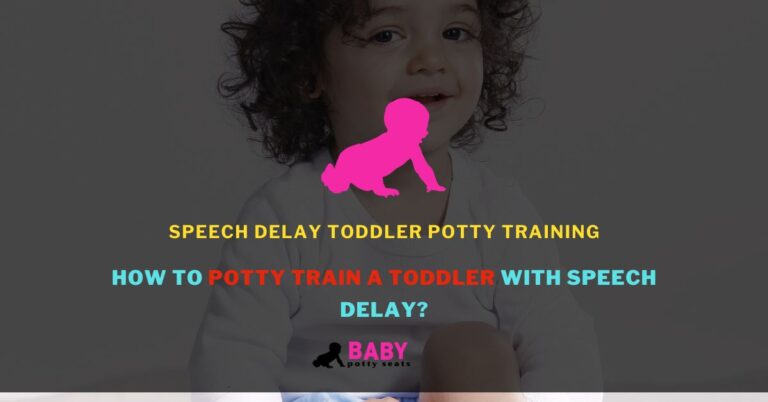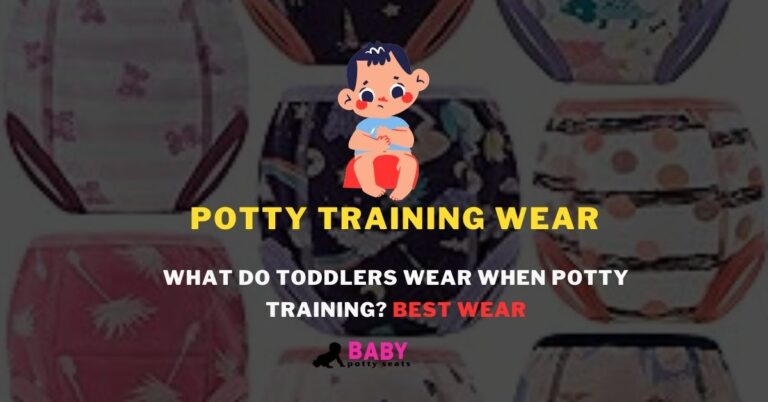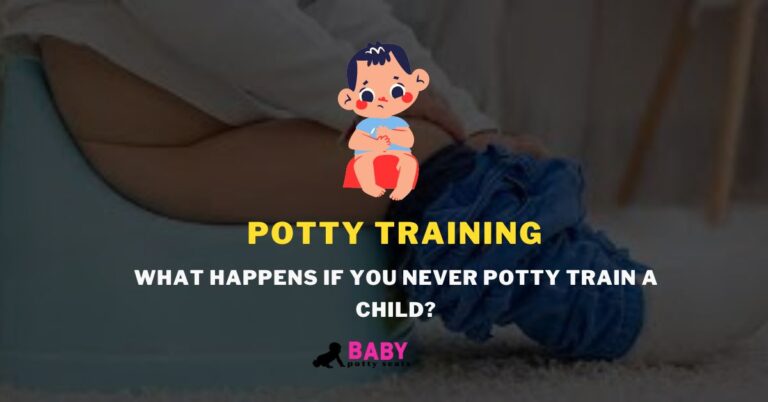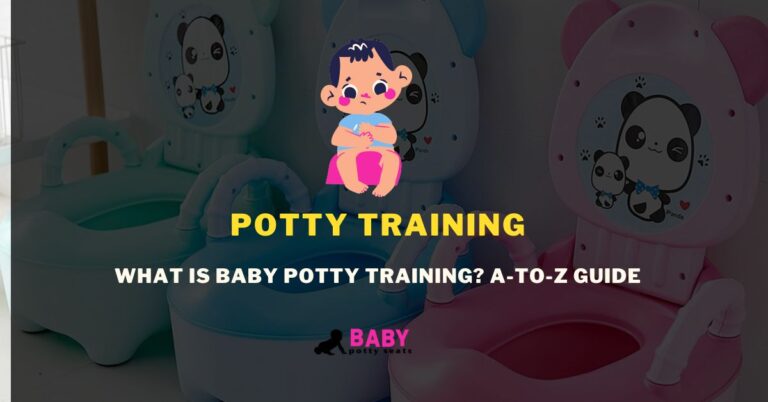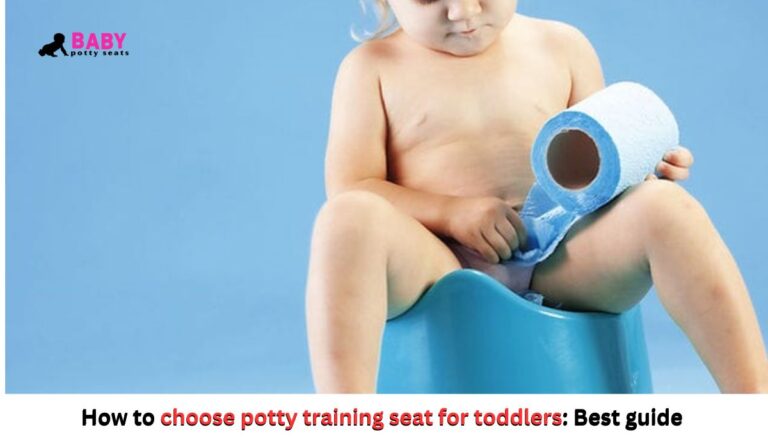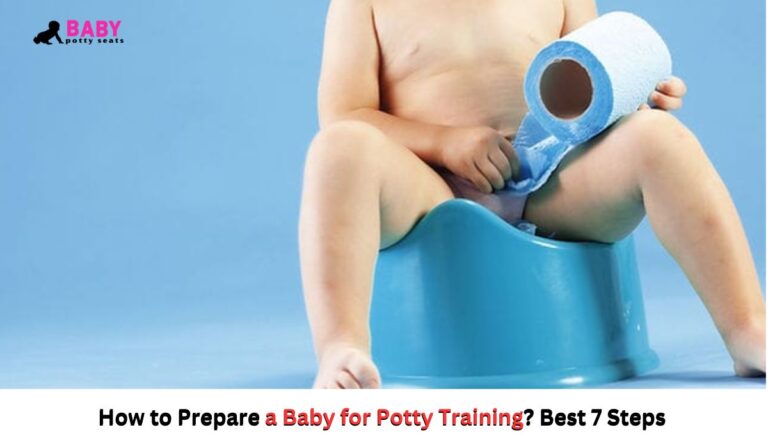Have you ever wondered about the results of flushing baby wipes down the toilet? Many parents are unaware of the potential plumbing nightmare that can arise from such an innocent act.
How Many Baby Wipes Does It Take to Clog a Toilet?
Even one baby wipe can clog toilet, with the help of professional ideas, practical knowledge, and a thorough understanding of plumbing systems, we’ll solve the riddle underlying this frequent problem.
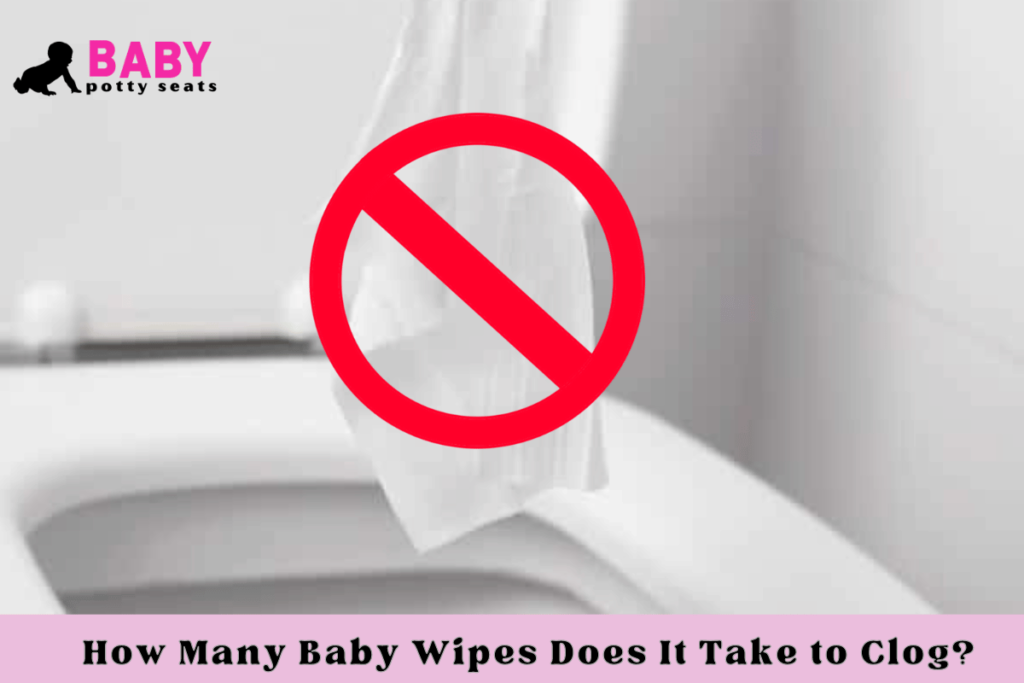
This page is your go-to resource for comprehending the toilet issue brought by baby wipes, whether you’re a concerned homeowner or parent, a curious person, or simply trying to prevent plumbing catastrophes and their best solution.
What happens when Flushing Baby wipes?
Flushing baby wipes down the toilet might appear convenient for parents. Still, with time, it can lead to significant problems. These wipes are designed to be tough and resistant, which means they don’t break down as quickly as normal toilet paper.
Therefore, they can accumulate in plumbing systems, leading to blockages, backups, and costly repairs.
The Flushable Myth: Exposing the Misconception
Many baby wipe products’ usage of the word “flushable” has confused customers. Although these wipes are technically flushable, it’s crucial to remember that they decompose more slowly than toilet paper.
Flushing baby wipes is strongly discouraged by many plumbing professionals because they can cause blockage in both household and public sewer systems.
How Baby Wipes Impact Plumbing?
When flushed, baby wipes can build up in sewer lines and pipelines. This accumulation eventually limits the flow of wastewater, causing blockages.
The longevity of these wipes exacerbates the issue, as they can get tangled with other dirt, creating hardened blockages that are difficult to remove.
Best Tips to Prevent Toilet Clogs from Baby Wipes
Tip 1: Instead of using the bathroom, use potty seats for babies, and baby wipes should be thrown away in a separate dustbin. Protect the environment and your plumbing system by practicing excellent disposal habits.
Tip 2: Instead of baby wipes, use a baby towel to clean the face after feeding or bathing the babies. This reduces the cost of baby wipes because you can wash the baby’s towels and use them repeatedly.
Tip 3: After 4 or 5 months, wash the toilet of baby from the back with mild, warm water, which also helps you to reduce the use of baby wipes.
You can avoid the inconvenience and cost of plumbing repairs by making these simple changes.
What a professional plumber said about Flushing Wipes’ Risks
Experienced plumbers have witnessed the effects of draining baby wipes. They stress that even wipes marked “flushable” can result in clogs.
Plumbers advise against flushing anything other than toilet paper and human waste to avoid unnecessary plumbing problems.
Best solution to remove a toilet clogged with wipes
Solution 1: Use hand fingers to remove wipes
The first and easiest solution is to wear gloves on hands, try to reach wipes from the toilet hole, move your finger, and push it too deep; with the help of two fingers, try to hold the wipes and bring them out.
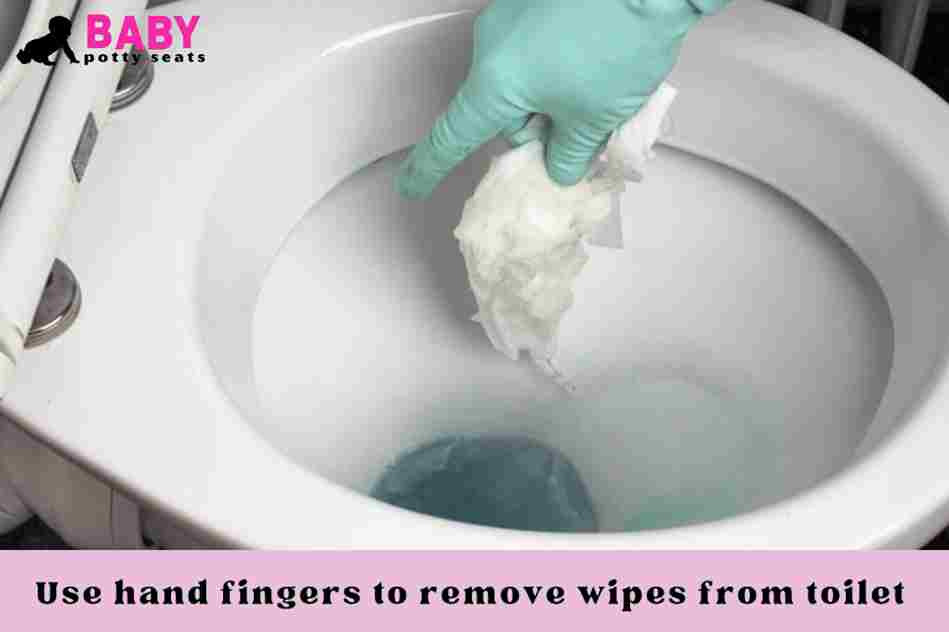
Solution 2: Try to unclog the toilet with a Plunger
The second and time-saving way is to use a Plunger; it’s not a 100% solution; the Plunger pushes the wipes down sometimes instead of pulling them up out of the bowl. Use the Plunger, a common item in your bathroom, to open the bowl’s seal. Only when the toilet is sufficiently wet does the plunger seal properly.
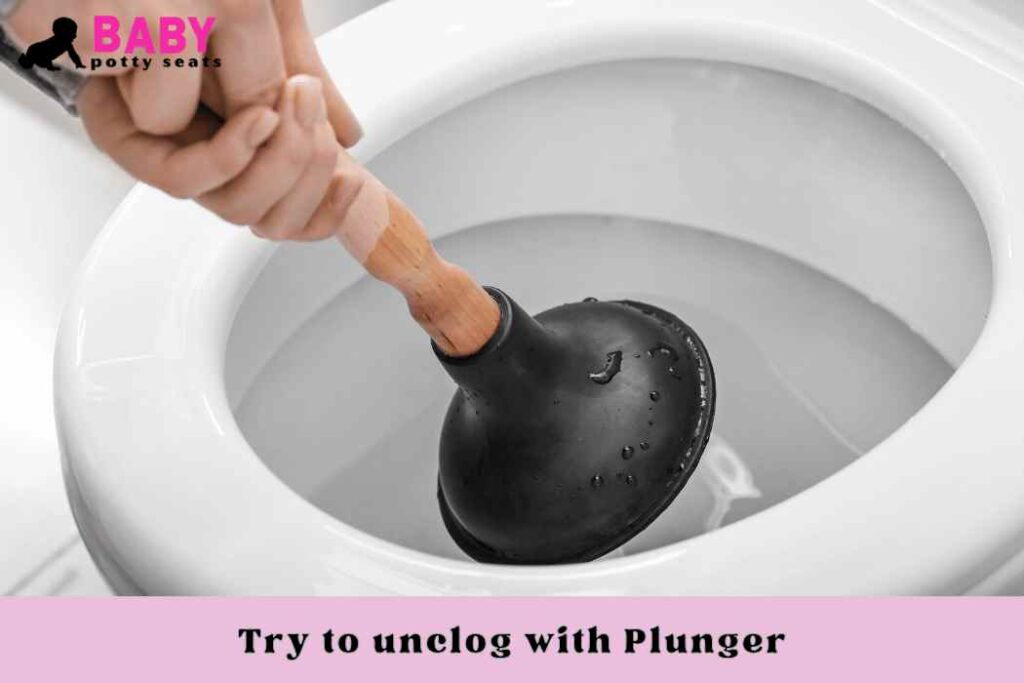
To unclog your toilet clogged with wet wipes, push and pull the Plunger a few times to remove any trapped air. Ensure the Plunger’s rim fits snugly under the rim of the toilet bowl. Do it multiple times until you hear water gurgling; this indicates that baby wipes were forced down the bathroom drain by the Plunger.
Solution 3: Use a toilet auger for an unclogged toilet
A toilet auger is also the best solution for removing baby wipes. It is long enough to reach and remove baby wipes and has wire heads, which help loosen the clog. For that, insert the Auger into the pipe and move it clockwise until it reaches the blockage you feel and hear. Some drills also have claws to hold and pull the wipes out of the pipe; this allows you to unclog the toilet
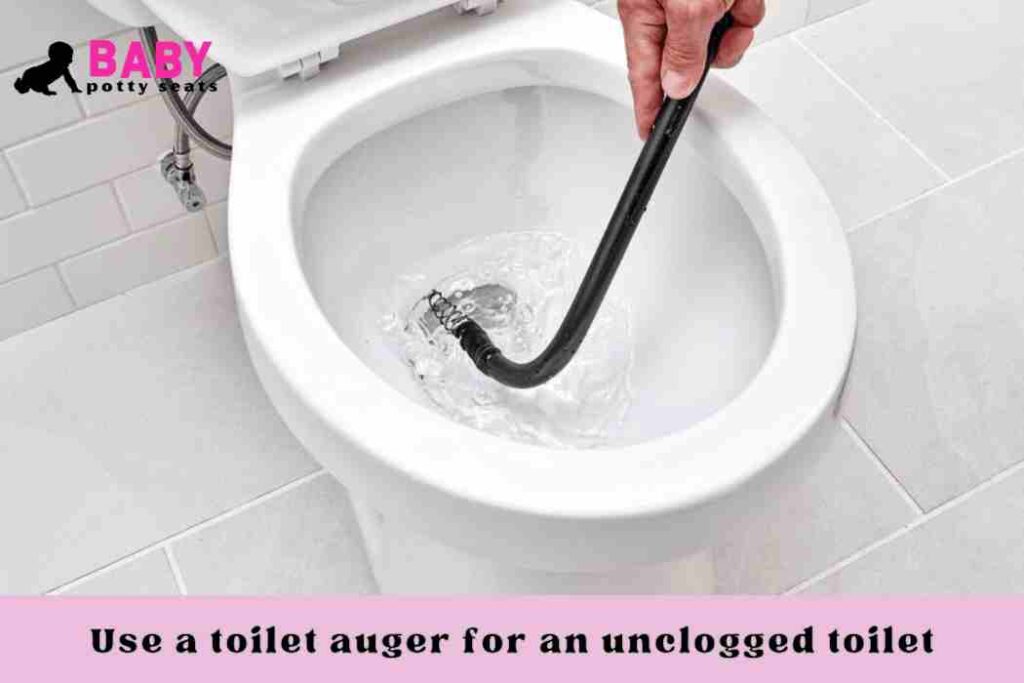
Solution 4: Lubricate baby wipes with dish soap
If all the above techniques do not work, then use dish soap, which lubricates(makes slippery) baby wipes and reduces the surface tension of water so they can easily go further down the drain. Then wait for a few minutes and pour hot water over the bowl, which helps remove all the wipes, debris and soap.
Solution 5: Call a plumber
If all the solutions mentioned above do not work, or sometimes you don’t want to struggle, call for a professional plumber, which is a costly solution, but this is a very effective method to unclog the toilet. For more information, click on the link.
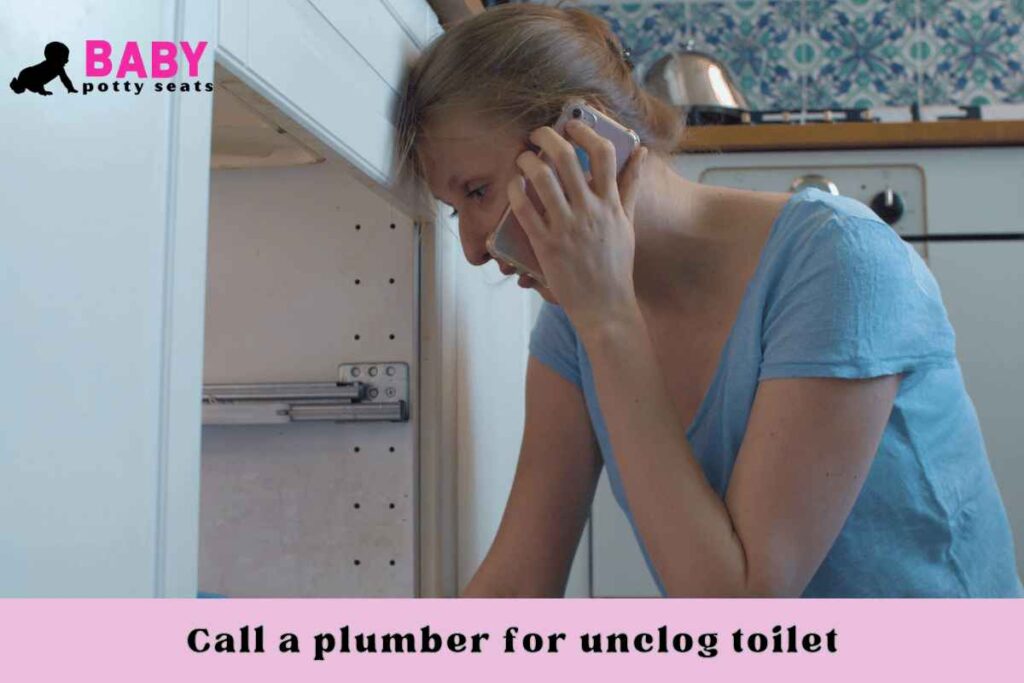
Conclusion
Using a proper trash bib or baby towel is the best solution to avoid this problem. Now you are aware of how many baby wipes clog a toilet. It’s important to remember that preventing toilet clogs from baby wipes contributes to resource and environmental preservation in addition to maintaining the functionality of your plumbing.
If clogging happens, use fingers, a Plunger, a toilet auger, dish soap, or call for a professional plumber to avoid this problem. You may save money, extend the life of your plumbing system, and avoid making unnecessary decisions by paying attention to professional advice and doing research.

